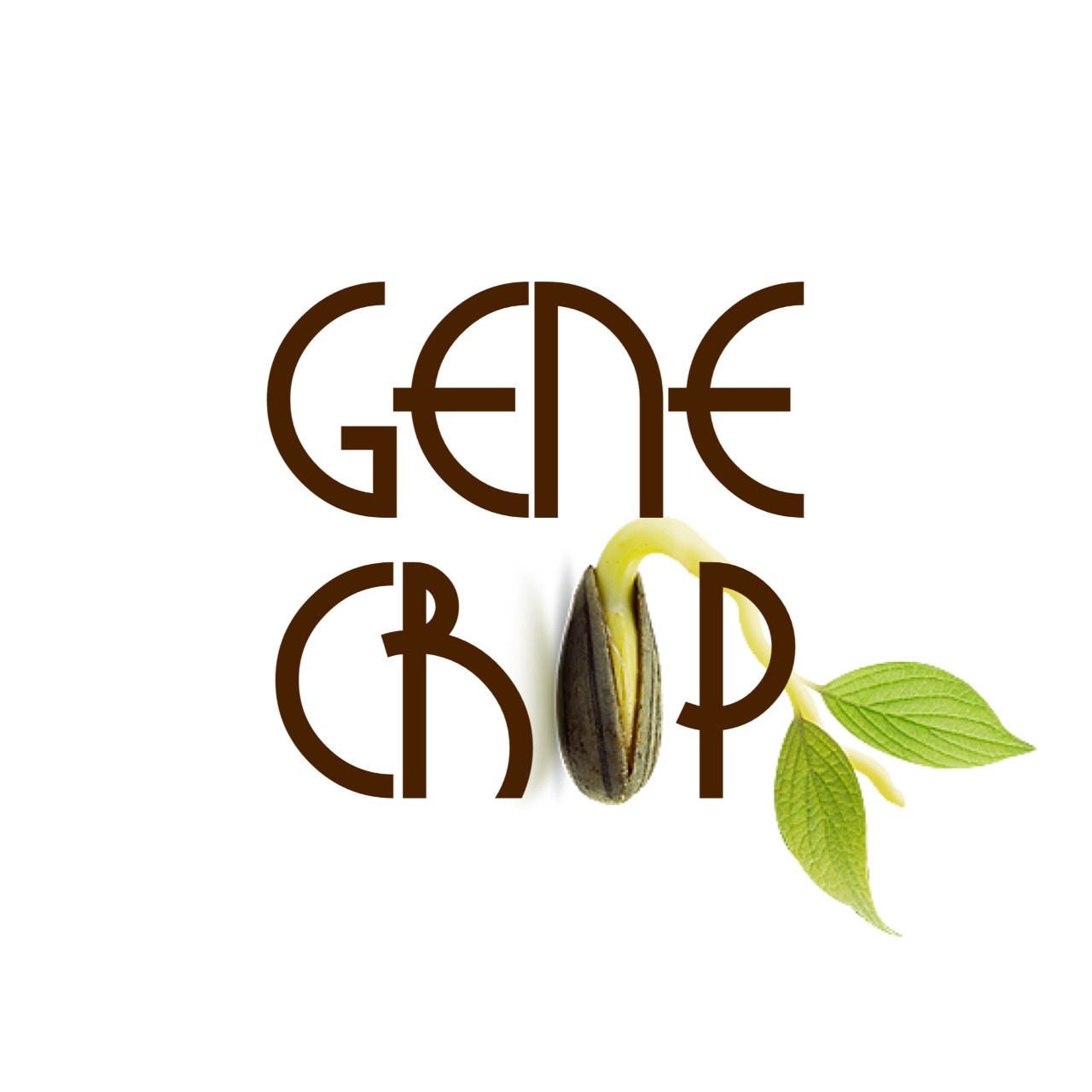Breeding & Varieties
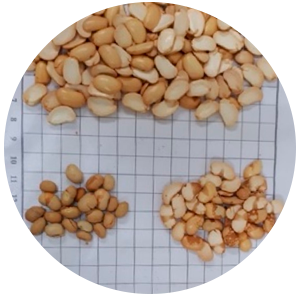
Phasipop
Unlike many grains that are emerging for the dried fruit market, PHASIPOP can be produced in Spanish production areas, it does not have to be exported from other countries. It is adapted to be produced in summer growing conditions as well as in winter greenhouse growing conditions. The growth of the crop is the same as that of other horticultural bean plants. All this implies that it can be produced in production areas of Spain, in the same way as other horticultural crops, assuming savings in production costs and grain harvest for the market.
Who works on this
Who funds this research:

MAMEDE
It is a new bean that have a double use for its dry seeds and fresh pods of the plant species of bean Phaseolus vulgaris variety MAMEDE, a tropical grain legume; together with the production methodologies to obtain them.
MAMEDE has a promising characteristic of wide adaptation to Spanish growing conditions, and good grain and pod quality, as well as multiple resistance of the seed to the pathogens of common bacteriosis (Xanthomonas campestris pv. phaseoli), halo blight bacteriosis (Pseudomonas syringae pv. phaseolicola, and BCMNV / BCMV.
N/Ref.: 20210044. Breeders: M. Santalla, A.M. Gonzalez, L.A. Banuelos. Erect habit bean variety (Phaseolus vulgaris) resistant to bacteriosis. MAMEDE (DCWKA493-016). Entity: MBG. License: RAMIRO ARNEDO S.A.
Who works on this

AMAPOP
It is a new snack food that have as an ingredient the grain of the plant species of bean Amaranthus cruentus variety AMAPOP, a tropical grain legume; together with the processing and conditioning methodologies to obtain them. The interest of this grain lies in its potential as a raw material to become an aperitif after the heat expansion of the grain. It has a commercial potential due to its extrudability, being able to be transformed into a suitable flour by itself, or to mix with flours from other sources (for example cereals), and constitute a pellet-type snack. The properties that make it a superior food product to others used in nuts are those such as a gluten-free, a high protein content well balanced in terms of the amino acids, a low content of total lipids, a high starch content, a high amount of soluble and insoluble fiber, and provides good fats due to its high content of linoleic acid. These properties make the AMAPOP grain a product with a high nutritional level, which will allow diversifying the diet, providing excellent quality nutrients. It could be recommended for vegans and vegetarians, who are looking for high-quality plant proteins. In addition, as it does not contain gluten, it is ideal for the diet of celiacs. Its nutritional value is not lost during the air expansion of the grain, and it becomes a product with a crunchy texture that can be used as a nutritious cereal or to give a touch of texture to yogurts and creams.
Unlike many grains that are emerging for the dried fruit market, AMAPOP can be produced in Spanish production areas, it does not have to be exported from other countries. The growth of the crop is equal to that of other pseudo-cereals that are already produced in our Spanish production conditions. All this implies that it can be produced in production areas of Spain, in the same way that other extensive crops are produced, assuming savings in production costs and grain harvest for the market.
Who works on this
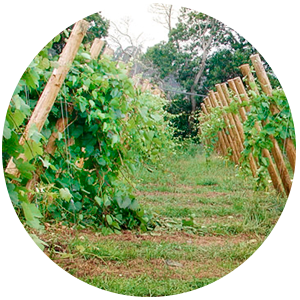
Ratiño Galega
N/Ref.: 20150344. Registration of the commercial variety Ratiño Gallega (Vitis vinifera L.) (BOE-A-2021-16464).
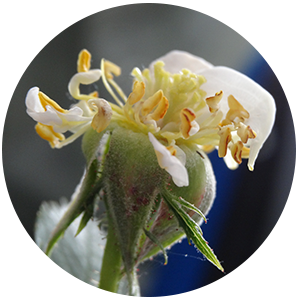
ROSA NIDIA ODORATA
Variety of rose: Rosa Nidia Odorata. Obtaining and protecting (international) 1 hybrid of Rosa centifolia x Rosa gallica (Rosa (DC) Ser.). 18 October 2021, registration of the trademark from the EU No. 18579458. 22 October 2021, application to the Community Plant Variety Office (No: 20212638). Breeders: Martínez MC, Santiago JL, Gago P, Boso S.
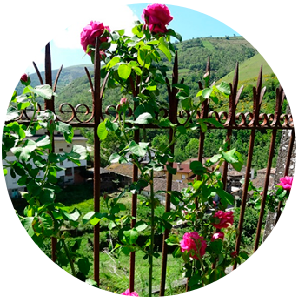
ROSA NARCEA
Creation of a Technology-based Company (EBT). Company Name: AROMAS DEL NARCEA S.L. (https://www.csic.es/es/innovacion-y-empresa/ebts). Headquarters: Cangas del Narcea (Asturias). Date of incorporation: 21 May 2021. Scientific partners: Martínez MC, Santiago JL, Boso S, Gago P.
EXPLOITATION LICENSE OF ROSA NARCEA to the company AROMAS DEL NARCEA S.L. Community registration process. Exploitation license EXCLUSIVE to Aromas del Narcea SL: July 2, 2021- Active while the Breeder’s Right is in force in any country in the world (25 years in the European Union since it was approved). Breeders: Martínez MC, Santiago JL, Gago P, Boso S. Holding entity: CSIC.
